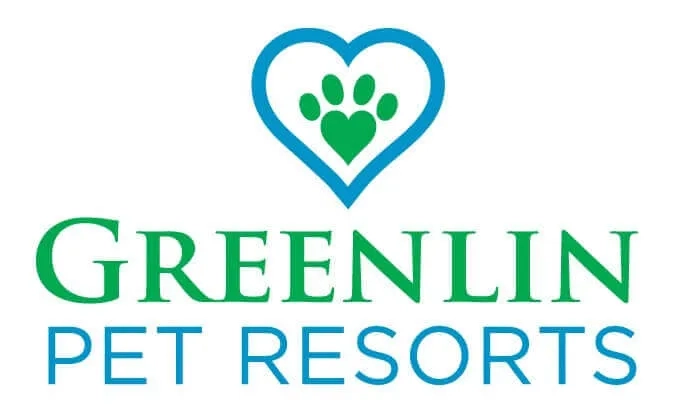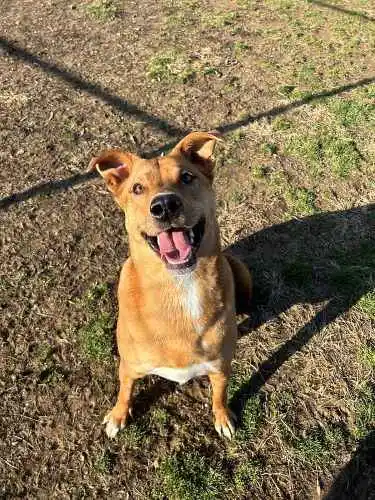The Benefits of Routine for Dogs
All dogs can benefit from having a regular routine throughout their week. It doesn’t have to involve a strict schedule (outside of feedings), and not every activity has to be done every day, but a routine helps dogs mentally, physically, and medically.
Every animal has its own type of routine in nature. Wild wolves, which were domesticated from dogs, sleep an average of 10.5 hours a day, waking to hunt nearly every dusk and dawn. Domesticated dogs have adapted to adjust to the human sleeping schedule, but they still have that drive to eat and engage in stimulating activities at specific points throughout the day. Tapping into this instinctual need for a repeated routine helps dogs feel at ease, while ensuring that they are getting the needed level of nutrition, exercise, and mental enrichment.
Your dog may be quite far from a wolf, in other words, but it still craves a schedule! Below, we have outlined some of the scientific benefits to meeting this need for routine, as well as a few tips on how to settle into a healthy groove in your household.
Dog Routine Benefits
According to the American Kennel Club (AKC), dogs thrive with routines through every stage of their lives. Routines provide your furry friend with consistency, and they allow your dog to know what to expect on a daily basis. Having a consistent daily routine can also help manage behavior issues and provide your pup with confidence as they navigate their day.
No matter how old your dog is, routines can help your dog thrive. Routines for young puppies can help them become familiar with a new location and new people, while routines for senior dogs can help them feel safe and secure as their minds and bodies start to age. Establishing a routine for new adoptees is one of the best ways they can settle into their new environment comfortably.
While you may have to change routines for your dog to meet both their needs and the needs of your family, providing your dog with consistency will help strengthen every aspect of your relationship.
Routine Benefits for Puppies
When training a new puppy, getting them into a routine helps ensure that they have time in the day to do everything they need: a time to eat, play, use the restroom, and sleep. Allowing puppies to follow a consistent routine helps them learn, it helps meet their bodily needs as they develop, and it helps them to better-adjust to being in a new place.
Routines for Adult Dogs
While adult dogs have different needs than puppies, a daily routine can help ensure that your adult dog does not lose previously learned skills. Though there are times when your dog will have to be flexible — whether because of holidays, traveling, or adding a new member to the family — having a familiar and comfortable routine will allow them to feel confident and comfortable.
Routines for Senior Dogs
As dogs get older, both their bodies and their minds begin to age. Older dogs can become confused or disoriented, even in familiar settings with familiar people. Routines will give your senior dog a sense of comfort and familiarity, and it can also help reduce any anxiety they may feel. It can also boost their functioning, as they won’t need to rely on sharp mental skills and senses in order to find their way to the food bowl at a familiar time.
As long as your dog’s body can tolerate it, try to maintain as many routines from their younger days as possible. Additionally, as dogs become older, potty accidents become more common, and maintaining a routine can help prevent regression in that area.
What Makes for an Ideal Routine in Dog Care?
The ideal routine for you and your dog will look different for everyone. No matter what your routine looks like, consistency is the most important thing to consider when developing a daily routine for your dog.
According to Dr. Gary Richter, author of “The Ultimate Pet Health Guide,” when trying to develop a daily routine, it is important to consider several aspects, including regular mealtimes, time for exercise and enrichment, time for sleep, and time for potty breaks.
Mealtimes
While your vet will help you determine the best food schedule for your dog, most dogs should eat twice a day, about eight hours apart.
When figuring out your own pet’s routine, try to settle on a time that will work for you on both weekends as weekdays, as consistency is the main point of having a routine. Even if you are not a morning person, it is important to incorporate time in your own morning routine to give your pet a chance to eat after sleeping all night. Additionally, many dogs will need to relieve themselves once they have eaten, so it’s important to give yourself enough time to take them outside or on a walk to avoid unwanted accidents.
The same considerations should be made for evening mealtimes, as well. It is best to avoid feeding your dog right before bedtime, as they will need time to digest their food and will likely need to go outside at least once after they have eaten their last meal for the day.
Depending on the breed, size, and activity level of your dog, their feeding routines may vary from the example provided above. Work with your vet to determine how often your dog needs to eat, and learn about any specific considerations or restrictions you may need to have for your canine companion.
Exercise
All dogs, from puppies to seniors, benefit greatly from daily exercise and enrichment. It does not generally matter when your dog gets their exercise during the day, as long as it is happening consistently. Many dogs will benefit from “running off” some of their meal after eating int he mornings and evenings, whereas others would prefer to exercise then eat. Though every dog is different, most dogs need about 30 to 45 minutes of exercise daily. That activity can include anything from leisurely walks to sprints during fetch in the backyard.
However, exercise and enrichment does not always have to look like taking a walk or running around the backyard. Training your dog, teaching them new tricks, or finding any way to spend special quality time with your dog gives them time and space to move their bodies and stimulate their minds. Having a variety of activities, both physical and mental, creates a strong bond with your pup — and it can also help prevent unwanted behaviors.
Sleep
Though eating and exercise are important parts of your routine, it is also important to ensure that your dog receives enough time throughout the day to sleep.
When dogs are puppies or seniors, they will spend about half their day sleeping. Many dogs will spend at least 10 to 12 hours resting, although this can vary by the breed and size of your dog. Time asleep is as important to your dog as it is to you; in order to be healthy, happy, and functioning at their best, your dog needs an adequate amount of rest.
Other Considerations When Developing Routines
When developing a routine for your dog, it is important to keep a few other things in mind.
Be Flexible
Though we want to offer our dogs consistency, it is also important that our dogs can be flexible. Always feeding them at the exact same time every day may be impossible if there is a day where the time needs to be changed. You may also need to adjust relief breaks or exercise with the seasons. One way to maintain the benefits of a routine in any situation is to focus on completing steps in the same order every time, while offering meals and exercise in the same places.
Establish Clear Expectations
When working with your pet, it is important that all members of your household are on the same page about what the expectations are for your furry friends. Rules and routines should be consistent from person to person and should be enforced consistently to avoid your canine companion from feeling confused.
Consider Grooming
All dogs need regular grooming. In addition to taking care of your dog’s coat with brushings and regular dog bathing, you will also want to be clearing their ears and teeth and trimming their nails regularly. Work with your vet to determine the best way to do this with your dog. In addition to helping ensure that your pet is feeling their best and most comfortable, regular grooming routines can alert you to any changes in their health and condition.
Contact Greenlin Pet Resorts Today!
If the thought of figuring out a good routine for your family and furry friend feels overwhelming, the good news is that you do not have to do it alone!
At Greenlin Pet Resorts, we offer training for dogs — and their owners, too! — at every stage of their life. If you are unsure about where to start when establishing a routine with your dog, reach out to us to schedule a training session with one of our experienced, knowledgeable staff members at one of our six central Pennsylvania area locations!
Reach out to schedule a free evaluation and tour of our facilities or to book your dog’s next dog daycare visit, boarding stay, or training session. We focus on routine, especially with our lodge and learn and puppy academy programs, so that your dog can always look forward to what each new day will bring.
Contact one of our six Harrisburg area locations today to find out why we’re considered “Simply the Best” by locals and all our customers.

